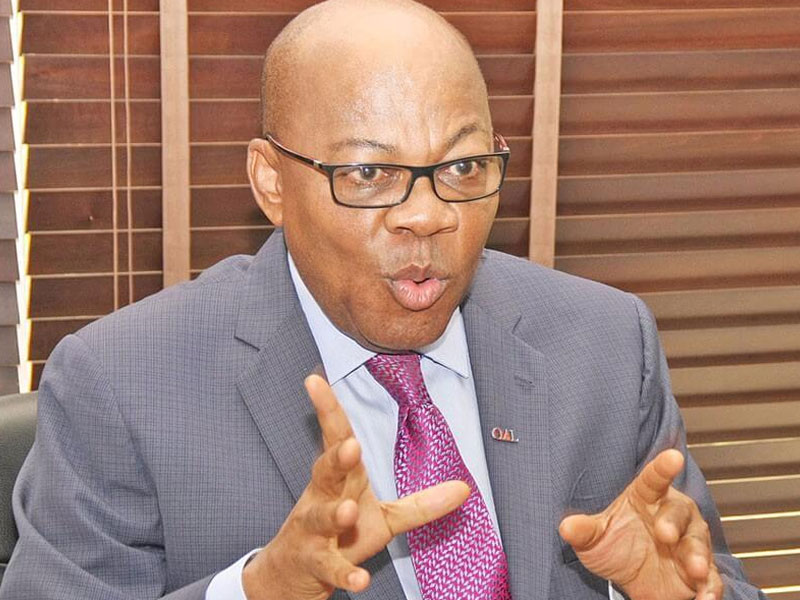Olisa Agbakoba Urges National Assembly To Address Constitutional Issues with Law Enforcement Agencies, Calls EFCC ‘Unlawful’

Senior Advocate of Nigeria (SAN), Olisa Agbakoba, has raised concerns with the National Assembly over constitutional issues surrounding law enforcement agencies in Nigeria, particularly highlighting the challenges in the government’s anti-corruption efforts as outlined in Section 13 of the Constitution.
In two separate letters addressed to the Senate and House of Representatives, dated October 14, 2024, Agbakoba argued that the Economic and Financial Crimes Commission (EFCC) is an “unlawful organization,” claiming it was “unconstitutionally established.”
“I very strongly believe the EFCC is unconstitutionally established. The powers under which it was established go beyond the powers of the National Assembly. The EFCC is an unlawful organization,” said Agbakoba, a former President of the Nigerian Bar Association (NBA).
The letters were directed to the Deputy Senate President, Senator Barau Jibrin, and Deputy Speaker of the House of Representatives, Hon. Benjamin Kalu. Both lawmakers also chair their respective chambers’ Constitution Review Committees.
In his correspondence, Agbakoba expressed approval of recent actions by some states challenging the constitutionality of the EFCC, stating, “This will put to rest the question relating to the validity of the EFCC.”
The letter to Senator Jibrin, titled “Urgent Legislative Attention on Constitutional Reforms Relating to Law Enforcement Agencies and Anti-Corruption Efforts,” praised the Senator’s leadership in advancing constitutional reforms, especially in reinforcing the government’s reform agenda.
“I commend you for the remarkable leadership you have demonstrated as Chairman, Senate Constitution Review Committee, particularly in advancing the government’s reform agenda through a robust constitutional framework. Your efforts to strengthen the legal infrastructure underpinning the nation’s development programs are indeed commendable.”
Agbakoba stressed the need for harmony among law enforcement agencies, stating that current disjointed efforts undermine the fight against corruption.
“As you are obviously aware, the fundamental objective of the government is to abolish corruption. But from my observation, there is no harmony amongst law enforcement agencies on corruption. They all appear to be working at cross purposes.”
He pointed out that the Supreme Court has repeatedly questioned the conduct of the EFCC, further suggesting that the agency’s operations may be constitutionally invalid.
Agbakoba urged the Senate to convene a public hearing to address these constitutional issues, providing a forum for stakeholders to propose reforms that would strengthen Nigeria’s legal and institutional frameworks.
“Such a hearing would provide an invaluable platform for stakeholders to discuss the reforms needed to strengthen Nigeria’s legal and institutional frameworks for law enforcement and anti-corruption, which will meet the stated and laudable objective of the government to abolish corruption as stated in Section 13 of the Constitution.”
He concluded by expressing confidence in the Senate Constitution Review Committee’s ability to address these concerns under Jibrin’s leadership.

